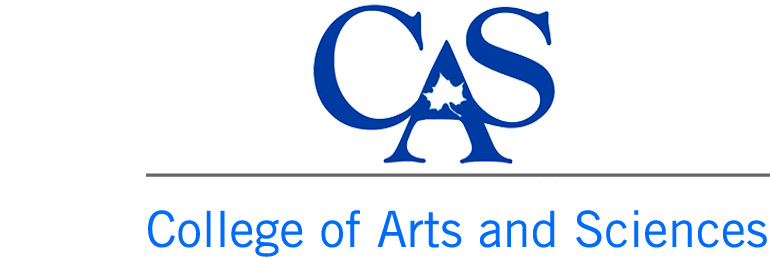You are here
Michelle Abraham, Ph.D.

Assistant Professor
Ph.D. Kent State University, 2008
Contact Information:
Email: Michelle.Abraham@indstate.edu
Office: Root Hall, B-211
Phone: (812) 237-2446
Vitae: CV 2022
Research Lab: Social Development Lab
Classes Taught:
- Psychology 240: Psychology of Health Behavior
- Psychology 266: Lifespan Development
- Psychology 485: Child in Society (Special Topics)
- Psychology 486: Research in Psychology
- Psychology 466/566: Advanced Lifespan Development
Research Interests
- I direct the Socail Development lab and am always interested in having motivated students join my lab. If you are interested in attachment and realsted topics I am happy to talk with you.
SELECTED PUBLICATIONS AND PRESENTATIONS:
Abraham, M. M., Morrill, M., & Carver, A-M. (2022). Attachment, sibling abuse experience, and the influence on social relationships. Presentation at the 2022 Midwestern Psychological Association meeting, Chicago, IL.
Abraham, M. M. (2020). Impacting adolescent drug use through monitoring and messaging. Presentation at the American Association of Behavioral and Social Sciences, Las Vegas, NV.
Abraham, M. M. (2020). Psychosocial factors that influence academic success.Presentation at the Conference on Academic Research in Education, Las Vegas, NV.
Abraham, M. M. (2018). The impact of social support and social support schemas on task performance in an academic setting. Presentation at the American Association of Behavioral and Social Sciences, Las Vegas, NV.
Abraham, M. M. (2018). Assessing to promote learning. Presentation at the Conference on Academic Research in Education, Las Vegas, NV.
Butler, A., Winquist, J., Abraham, M., & Wetherell, G. (2018).Intervention reduces beliefs in learning styles in an introductory psychology lab. Poster presented at the 2018 National Institute for the Teaching of Psychology.
Abraham, M., Butler, A., Winquist, J., & Wetherell, G. (2018). Teaching Confounds in a General Psychology Lab. Poster presented at the 2018 meeting of the Midwestern Psychological Association.
